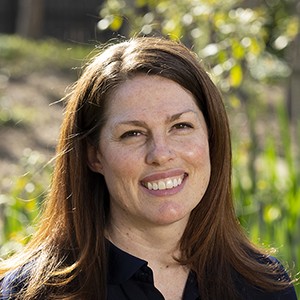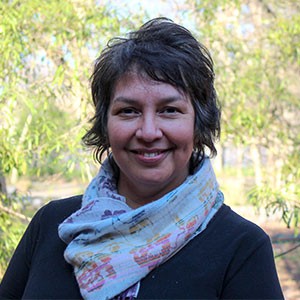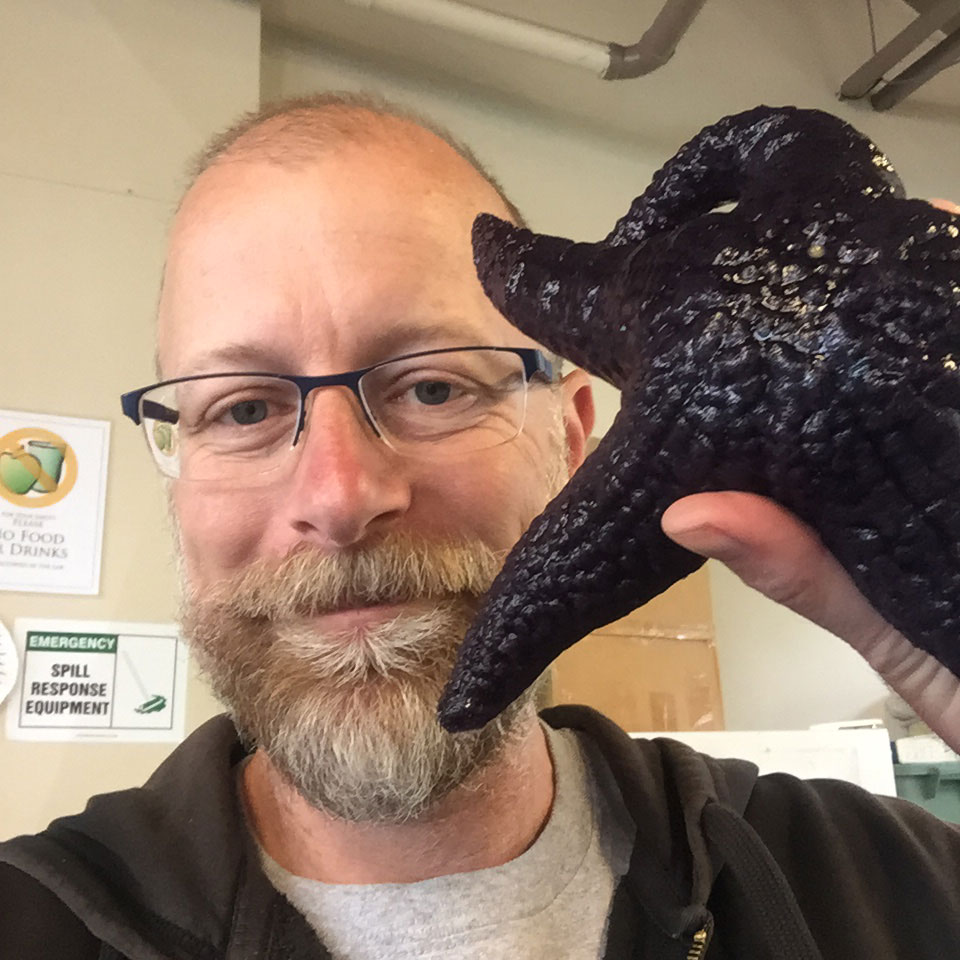M.S. in Ecology (ICAS, Non-thesis Option)
The M.S. in Ecology (Area of Emphasis in Integrative Conservation and Sustainability, ICAS, Thesis Option) aims to train the next generation of conservation professionals. The ICAS curriculum has been re-envisioned with key innovations to build students’ capabilities for addressing complex environmental challenges in real-world collaborative contexts. The ICAS program’s core courses adopt an interdisciplinary, knowledge-to-action approach to conservation and sustainability. ICAS students conduct applied research projects that are developed and carried out in collaboration with non-academic partners, while gaining essential knowledge and practical skills through classroom-based and experiential coursework. By integrating scientific training into real-world, multi-stakeholder contexts, the program prepares graduates for influential positions in conservation organizations, international non-profits, governmental agencies, and the private sector, or for pursuing Ph.D.s in ecology, conservation, and sustainability-related fields.
The need for this solutions-oriented M.S. training program arises from the complexity of major environmental challenges we face today, including the loss of biodiversity, degradation of ecosystems and their life-sustaining benefits, intensifying impacts of climate change, and consequences for environmental justice and equity.
An appreciation of ecological concepts and research is essential for understanding such problems and identifying potential solutions. Yet all too often, research-generated knowledge is not successfully translated or implemented into practice and policy. Today, a key strategy for bridging this implementation gap is for scientists to engage directly with practitioners and decision-makers to identify research needs and share findings. To do so effectively, ecologists need to build understandings of the social and economic contexts surrounding ecological problems, as well as skills for communicating and collaborating with diverse stakeholders. This engaged approach to conservation and sustainability problem-solving provides the foundation for the ICAS program.
Objectives of the ICAS program
The objectives of the ICAS program are:
- to offer a flexible training program at the M.S. level that integrates research and collaborative engagement skills in the areas of conservation ecology and environmental sustainability;
- to provide hands-on, applied experience for students through partnerships with collaborators outside of academia; and
- to empower a new generation of leaders and problem-solvers to confront the complexity of today’s social-environmental challenges.
The Odum School of Ecology, with its ongoing interdisciplinary and stakeholder-engaged activities, provides the physical and intellectual environment needed for such a program. The Odum School of Ecology draws faculty members from across the UGA campus, in addition to the UGA Cooperative Extension, the Savannah River Ecology Lab, the UGA Marine Institute at Sapelo Island, the UGA Skidaway Institute of Oceanography, the UGA Wormsloe Center for Research and Education, the Joseph W. Jones Ecological Research Center, the US Department of Agriculture, the US Geological Survey, the US Forest Service, and the US Environmental Protection Agency.
ICAS (non-thesis) Degree Program Structure
Partnership Model
The ICAS program embraces a partnership model in which the student engages with a non-academic partner. Although a thesis is not required, this partnership should provide a research experience or activie collaboration that effectively bridges the persistent gap between knowledge generation and its real-world implementation.
Compared to conventional M.S. programs, the new ICAS (non-thesis) model has three distinguishing features that highlight its focus on practical experience and problem-solving:
- Three required courses adopt a knowledge-to-action approach to deliver conservation training and experiential learning.
- Research is co-designed with the student’s faculty advisor and a non-academic partner.
- Students generate a deliverable product specific to partners’ needs.
The benefits of this partnership model are (1) students get experience participating in the kind of need-driven research activities they are likely to be required to interpret in non-academic positions after they graduate; (2) students have enhanced opportunities to build collaboration skills useful for their future careers; (3) students make contacts and relationships that may lead to future jobs; (4) the output from their collaboration with the non-academic partner will have real-world relevance and use; and (5) students develop skills for communicating research findings in formats that allow direct application.
Students and their advisors identify and propose a collaboration with a non-academic partner (state agency, local government, NGO, consulting firm, etc.) early on in the degree program, and engage with them at multiple points along the project timeline. The non-academic partner may be identified independently by the student, or with guidance/coordination from their advisor, or may be a collaborator on an existing project with the advisor. The partner will be involved in co-designing the collaborative activity, identifying a type of deliverable product that is useful for the partner’s needs, and providing collaborative engagement and mentoring during the program. The student, advisor, and partner will complete a mentorship compact that describes the agreed-upon roles, responsibilities, and goals.
Coursework
The program consists of a minimum of 30 hours of graduate credit, including interdisciplinary core courses on principles and practice of conservation and sustainability (required for the ICAS area of emphasis), ecological courses (required for the non-thesis option), and electives to round out your program:
-
2 ICAS courses:
| ECOL 6080 | Principles of Integrative Conservation and Sustainability | 4 hours |
| ECOL 8400 | Perspectives on Integrative Conservation and Sustainability | 2 hours |
-
1 practicum course, selected from the following:
| ECOL 8710 | Environmental Practicum | 4 hours |
| ECOL 8750 | Endangered Species Practicum | 4 hours |
-
GradFirst (required by the Graduate School):
| GRSC 7001 | GradFirst |
-
1 statistics course (>= 3 hours at >=6000 level), such as:
| FANR 6750 | FANR 6750 Experimental Methods in Forestry and Natural Resources Research |
-
2 courses selected from the following:
| ECOL 8000 | Topics in Modern Ecology |
| ECOL 8100 | Evolutionary Ecology |
| ECOL 8310 | Population (and Community) Ecology |
| ECOL 8322 | Concepts and Approaches in Ecosystem Technology |
-
Electives, which could include an additional practicum course
-
Some suggested electives:
-
| ECOL 8730 | Environmental Policy |
| ENVM 6800 | Water Resource Economics and Management |
| FISH 6520 | Conservation Decision-Making |
| FANR 6810 | Natural resources Law |
| FANR 7620 | GIS Applications for Natural Resources |
| FANR 8400 | Advanced Spatial Analysis for natural Resources |
| FANR 7860 | (Natural Resource and Environmental Economics I |
| LAND 6030 | Nature and Sustainability |
| LAND 6350 | Ecological Landscape Restoration |
| JURI 5667/7667 | Sustainable Business: Transactions and Strategy |
| WILD 8330 | Landscape Ecology |
| WILD 8680 | Animal Biodiversity and Conservation |
-
-
3 hours of a research experience, e.g.,
-
| ECOL 7000 | Master's Research | 6 hours (a maximum of 6 hrs can count toward the 30 hr requirement) |
At the conclusion of your program, an oral exam will be administered by your committee to evaluate your comprehension of material covered in your ICAS and Ecology coursework.



